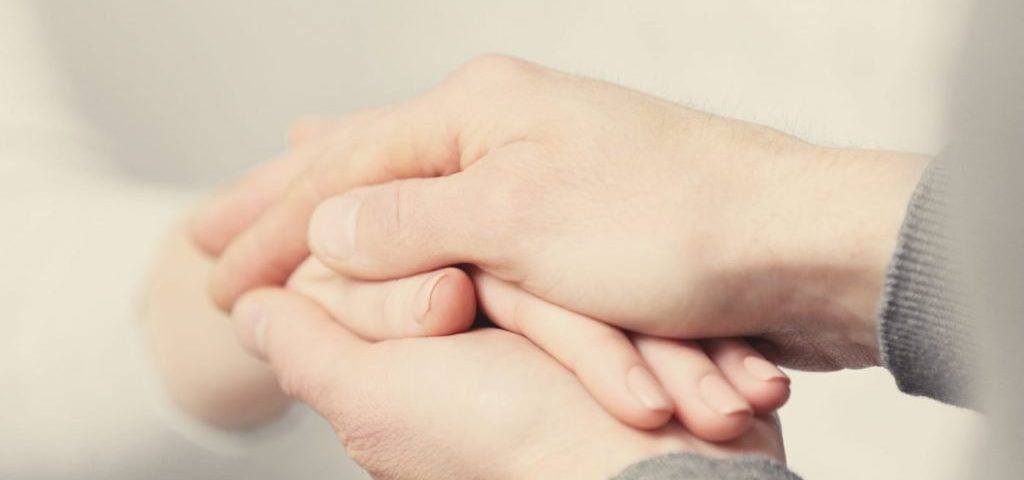An Unexpected Friendship Was a Pleasant Side Effect of My Diagnosis
Written by |

My calves and ankles were thick and swollen from erythema nodosum. I was struggling with a cough and fatigue daily. We were still waiting for a formal diagnosis, and though it felt like we were getting closer, the delay was difficult to cope with.
My primary care physician suggested a quiet, relaxing summer. We knew just the place.
The handwritten sign at the entrance to the property read “Season Pool Passes Available.” We turned down the private drive, which was surrounded by a 6-foot fence covered with ivy.
The setup was quaint — nothing fancy — and included several individual cabins standing in a row. The pool sat in front of the cabins like a star pupil pushed to the front of the stage. It was clean and appeared to be well-maintained; its cool, clear water a welcome sight on that scorching hot day.
My husband and I bought our summer passes and eagerly awaited the beginning of my recovery.
I heard her cough before I saw her. She was an older woman with short hair and glasses; I quickly learned that she had a sharp tongue, too. I later discovered that she was a retired school secretary, which probably explained her tough exterior.
Rosalind and I became pool buddies that summer. We checked in with each other about what time to meet at the pool and called if the weather forecast was bleak. We kept an eye on each other’s belongings if we needed to leave our spot temporarily.
I know that Rosalind noticed my thick calves, marked with splotchy red welts, and my slow, methodical way of walking. To her credit, she didn’t ask.
Then, one day late in the summer, I casually referred to my condition in a conversation, and she immediately interrupted me.
“What exactly is your condition? I didn’t want to pry,” Rosalind inquired.
I told her I wasn’t sure myself and began to explain. She stared at me without blinking.
“It sounds serious,” she said.
“I suppose it is,” I replied.
At that moment, Rosalind began to cry with great heaving sobs; it was the kind of weeping that envelops a person’s entire body. When she finally settled down, Rosalind explained her emotional outburst.
She had lost her husband to lung cancer a few years before our conversation. I could tell she was still suffering from her loss.
She asked about my family. Rosalind wasn’t the first person to inquire about them during this trying time. I sighed deeply before starting to speak.
I began to make the usual excuses: the hourlong drive, our choice to move out of the area, and the difficulties in making the trip.
Rosalind looked at me without uttering a word. But I knew what she was thinking; I always knew what people thought when I made those excuses.
After our exchange, I noticed Rosalind checked on me more often. She started bringing me to events outside of the pool. Later, she invited me to visit her home. Perhaps she felt I needed someone to look out for me. She filled that role that summer and beyond.
Rosalind and I remained firm friends for years after meeting that summer by the pool. I credit her with helping me through that first summer before I received my official diagnosis. Our unexpected friendship was a pleasant side effect of sarcoidosis.
***
Note: Sarcoidosis News is strictly a news and information website about the disease. It does not provide medical advice, diagnosis, or treatment. This content is not intended to be a substitute for professional medical advice, diagnosis, or treatment. Always seek the advice of your physician or other qualified health provider with any questions you may have regarding a medical condition. Never disregard professional medical advice or delay in seeking it because of something you have read on this website. The opinions expressed in this column are not those of Sarcoidosis News or its parent company, Bionews Services, and are intended to spark discussion about issues pertaining to sarcoidosis.






Leave a comment
Fill in the required fields to post. Your email address will not be published.